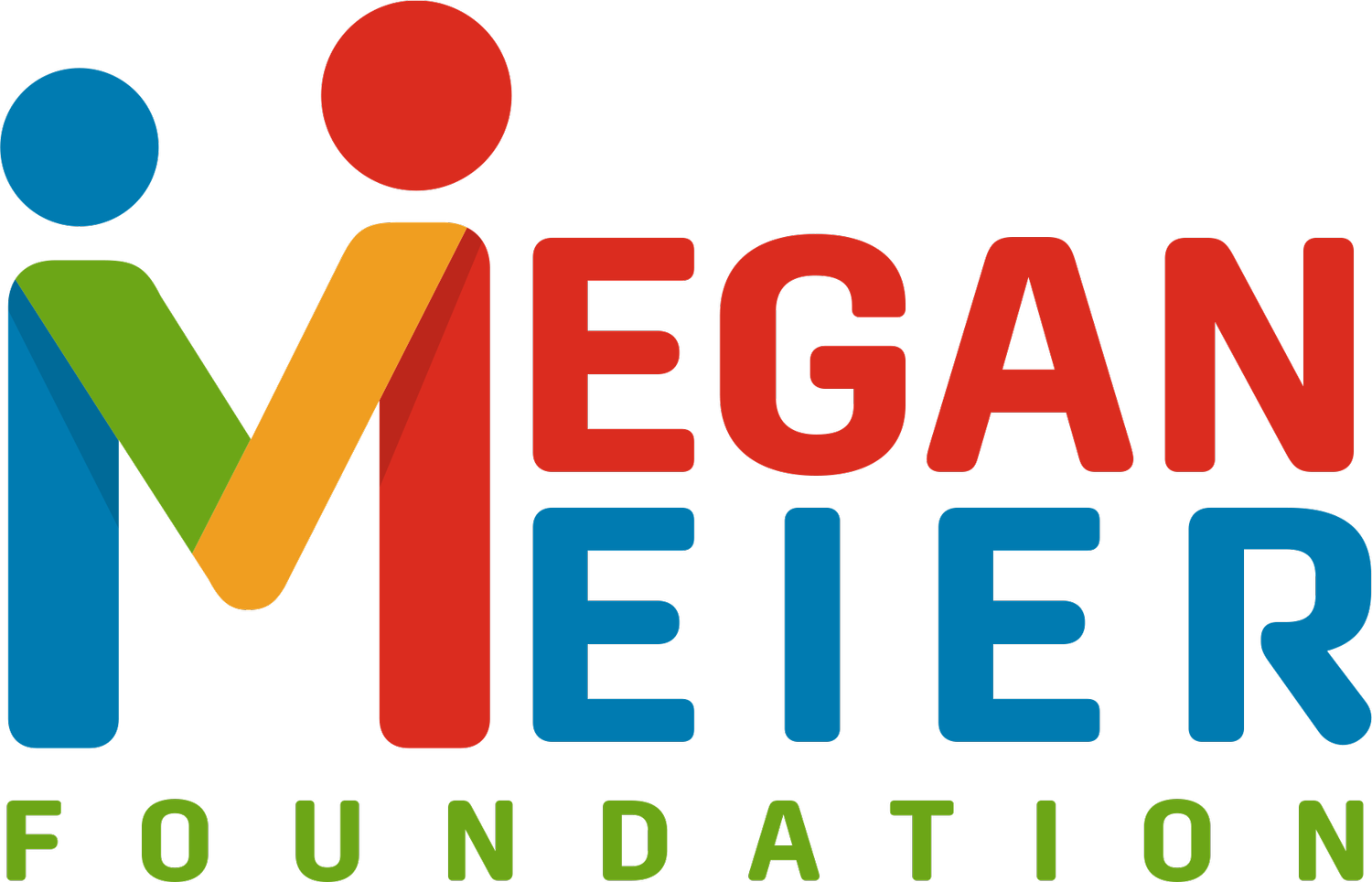Suicide
Suicide is the reaction of extremely intense feelings of loneliness, worthlessness, hopelessness, or depression, which involves voluntarily taking one's own life.
If you or someone you know is in suicidal crisis or emotional distress, please call dial 9-8-8 to reach the 988 Suicide and Crisis Lifeline, a free 24-hour hotline.
In the case of a life-threatening emergency, please call 9-1-1 or visit your nearest emergency room.
Risk Factors
A prior suicide attempt
Depression and other mental health disorders
Substance abuse disorder
Family history of a mental health or substance abuse disorder
Family history of suicideFamily violence, including physical or sexual abuse
Having guns or other firearms in the home
Being in prison or jail
Being exposed to others’ suicidal behavior, such as a family member, peer, or media figure
Medical illness
Being between the ages of 15 and 24 years or over age 60
Remember
Children and youth involved in bullying are more likely than those not involved in bullying to suffer from depression, have high suicidal thoughts, and make more suicidal attempts. However, bullying does not cause suicide.
Signs of Suicide
Verbal Cues
“Life isn’t worth living.”
“You’ll be sorry when I’m gone.”
“I’d be better off dead.”
“I feel like there is no way out.”
“My family would be better off without me.”
“Next time I will take enough pills to do the job right.”
“You can take my (prized collection/valuables) - I don’t need this stuff anymore.”
“I won’t be around to deal with that.”
“I won’t be in your way much longer.”
“I just can’t deal with everything - life is too hard.”
“Nobody understands me - nobody feels the way I do.”
“There’s nothing I can do to make it better.”
Behavioral Cues
Getting affairs in order (ex., paying a debt, updating a will, taking out insurance, or changing beneficiaries)
Giving away prized possessions or money
Signs of planning a suicide (ex., buying a weapon, obtaining poisons or medications)
Making funeral plans
Increase in self-destructive or violent behaviors (ex., drinking alcohol or drug use)
Social Withdrawal
Increased impulsivity & taking unnecessary risks
Emotional Cues
Unrelenting low mood
Pessimism
Hopelessness
Desperation
Anxiety, psychic pain, and inner tension
Rage or anger
Possible calm or contentment after a person decides they are going to end their life
If you or someone you know is in suicidal crisis or emotional distress, please call dial 9-8-8 to reach the 988 Suicide & Crisis Lifeline, a free 24-hour hotline. In the case of a life-threatening emergency, please call 9-1-1 or visit your nearest emergency room.
Students who experienced bullying or cyberbullying are nearly 2 times more likely to attempt suicide,
(Hinduja & Patchin, 2018)
Immediate Crisis Hotlines
If you or someone you know is in suicidal crisis or emotional distress, call the 988 Suicide & Crisis Lifeline at 9-8-8, a free 24-hour hotline. In the case of a life-threatening emergency, call 9-1-1 or visit your nearest emergency room. Below is an additional list of crisis resources.


